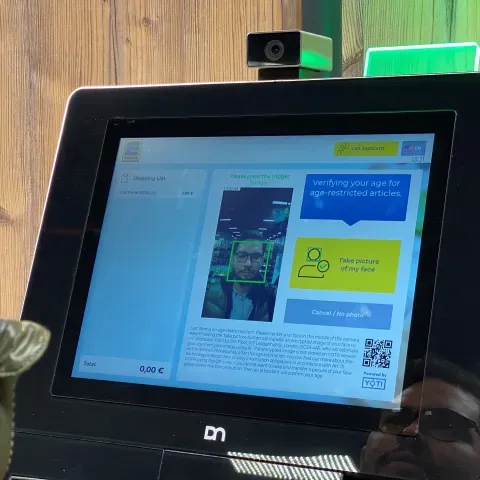
SHERIDAN, WYOMING – October 23, 2025 – A new joint report by Diebold Nixdorf and Coresight Research reveals critical behavioral trends influencing the modern in-store shopping journey — highlighting how friction at checkout, inventory shortages, and outdated store designs directly impact conversion and customer loyalty across the retail sector.
Retail Friction: From Inventory Gaps to Checkout Bottlenecks
The report, titled “Reinventing Store Checkout: Minimizing Friction to Drive Business Growth,” surveyed over 1,600 U.S.-based shoppers and retail decision-makers to assess pain points that interrupt purchasing intent. The findings point to persistent operational challenges:
- 56% of respondents cited out-of-stocks as the leading cause of abandoned purchases.
- 29% pointed to long checkout wait times as a major deterrent.
- 19% blamed physical barriers to accessing merchandise.
Further, inefficient layouts and understaffed stores compound the issue, weakening the overall customer experience and lowering repeat visits.
Technology as a Catalyst for Retail Efficiency
The research outlines how next-generation retail technologies can resolve key friction points.
- Shelf-edge cameras and robotic inventory scanners improve stock visibility, helping prevent empty shelves and lost sales.
- Self-service and self-scanning checkouts shorten queues while offering flexibility for shoppers who prefer autonomy.
- Modular checkout systems—switchable between assisted and self-service modes—enable agile operations and staff redeployment to higher-value tasks like restocking or customer support.
These adaptive solutions are not only cost-efficient but align with the broader industry push toward automation and digital transformation in physical retail environments.
AI and Computer Vision Redefining Compliance and Convenience
Another insight from the report addresses the friction of ID verification at the point of sale. Retailers can now leverage AI-powered computer vision to automate age checks for restricted items, removing delays and reducing the need for manual staff intervention. The use of computer vision underscores a growing retail trend: applying artificial intelligence to streamline compliance-heavy or time-sensitive processes without compromising security or experience.
Optimizing Store Layouts for Shopper Flow and Demographics
Beyond checkout, the study emphasizes data-driven store optimization. Retailers are urged to use demographic analysis, behavioral insights, and payment habit data to refine layouts and product positioning. Such initiatives can reduce dwell time, enhance discoverability, and support frictionless navigation—particularly in high-traffic retail categories like grocery, pharmacy, and convenience sectors.
Industry Insight and Strategic Direction
Octavio Marquez, Diebold Nixdorf president and chief executive officer, said: “The insights from our joint research with Coresight Research reinforce what we hear from retailers every day – friction at checkout and inventory gaps are real barriers to conversion. At Diebold Nixdorf, we’re committed to solving these challenges head-on. By combining advanced technologies like AI-powered Smart Vision and flexible checkout systems with the expertise of in-store associates, we enable retailers to deliver seamless, efficient, and personalized shopping experiences that drive loyalty and growth.”
Strategic Implications for Retailers and Technology Providers
This joint study reinforces a broader industry movement: brick-and-mortar retailers must adopt AI-driven checkout and inventory management systems to remain competitive in an increasingly omnichannel market. As consumer expectations rise, flexible store operations and real-time analytics will determine who wins the battle for in-store loyalty.
To explore the full research and Diebold Nixdorf’s retail technology portfolio, visit www.dieboldnixdorf.com.